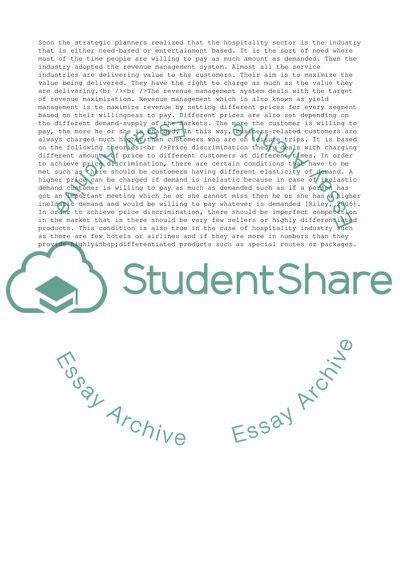Cite this document
(Revenue Management in the Hospitality Industry Case Study, n.d.)
Revenue Management in the Hospitality Industry Case Study. https://studentshare.org/management/1746154-revenue-management-in-hospitality-industry
Revenue Management in the Hospitality Industry Case Study. https://studentshare.org/management/1746154-revenue-management-in-hospitality-industry
(Revenue Management in the Hospitality Industry Case Study)
Revenue Management in the Hospitality Industry Case Study. https://studentshare.org/management/1746154-revenue-management-in-hospitality-industry.
Revenue Management in the Hospitality Industry Case Study. https://studentshare.org/management/1746154-revenue-management-in-hospitality-industry.
“Revenue Management in the Hospitality Industry Case Study”. https://studentshare.org/management/1746154-revenue-management-in-hospitality-industry.


